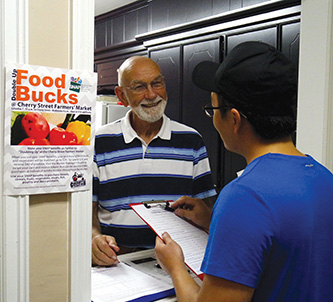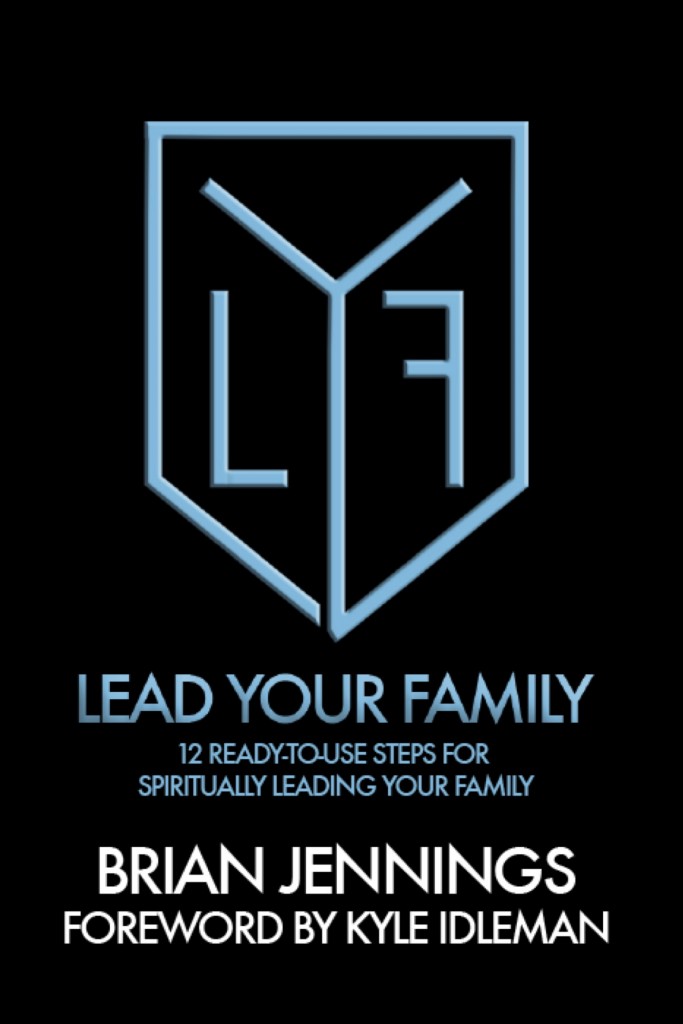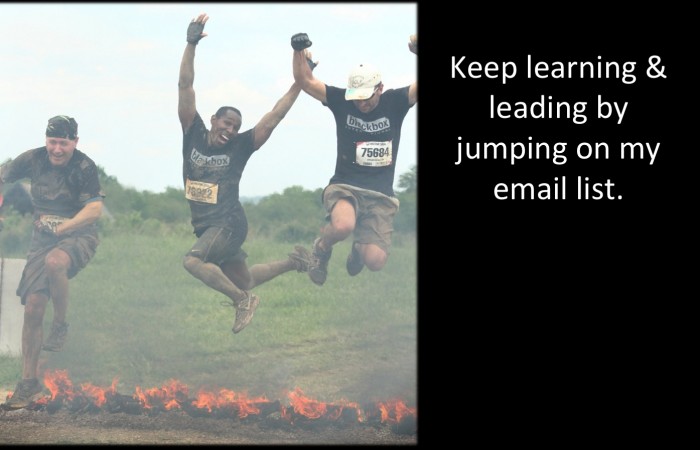From jaded to joyful
Written by Brian Jennings, Posted in Your Church, Your World
This is an article I originally wrote for the Christian Standard.
I knew how the game worked. Someone would walk into our church office, request to speak to a preacher, ask for prayer, and then tell a dramatic story of misfortune. They needed money and they needed it now. Their sister was dying of cancer in Nebraska. Their job interview started in 20 minutes on the other side of town. Their friend betrayed them and they needed a hotel for just one night.
Each new crisis dealt me two options: cruelty or gullibility. Would I shun compassion or stewardship?
The scenario repeated daily. The issues of poverty defeated me. Our volunteer team shrunk. We grew weary and jaded. We lost trust and compassion.
We did some good things for the poor back in those days. But the calling of God and the frustrations of working within a poor system drove us to rethink our strategy.
Now we have done that, and now we feel we’re actually making a difference in the lives of those who come to us with real needs. Let me tell you how this has developed.
God’s Loud Whispers
For 14 years, Happy Hands Early Education Center beautifully served children who are deaf or hard of hearing while operating rent-free from a house our church, Highland Park Christian Church, owned. We loved our partnership, but we also celebrated with them when they secured funds to move to a larger facility.
Person after person said the same thing: we must better care for the growing number of poor in our community. They also believed we needed a way to address the emotional needs in our community. The room buzzed with unity and excitement.For the first time in 14 years, we weren’t sure what to do with the trilevel house. So in the summer of 2011, we asked our church to pray for three months, keeping their ideas silent during that time. After that, we gathered in our gym to share how God had led our thinking.
Months later, we completed plans to use part of the facility for a trusted counseling ministry. That ministry continues to thrive.
That fall, a group of church members began praying, dreaming, and researching the issues of poverty in our community. The key leader in our previous benevolence ministry needed to step away from his role due to health issues, but he graciously helped us understand many issues and shared lots of wisdom. I led the new team, but with the understanding a volunteer team would assume leadership in the future.
Almost a year after our first meeting, we launched an entirely new system for caring for the poor in our community. While I can point to many positives, the hands-down greatest inspiration in our journey was when we heard God’s instructions to us. God spoke. That reality holds our hands during difficult days.
The Decision That Made Us Cry
During our season of prayer and research, a vision for a relational, deep ministry emerged. We thank anyone who desires to help the poor in our city. But we also see how some efforts minimize impact, at best, and exacerbate poverty, at worst.
Years ago, I met with the leader of a gigantic food distribution organization. As she toured our facility, I expected encouragement. Instead, the team and I received an earful of horror stories and reasons to expect the worst in people. Her pessimism completely deflated us. I wondered, Why give your life to the issue of poverty when you can’t tolerate the poor?
While I often pass on leadership decisions in this ministry, I consider myself the guardian of our volunteers’ hearts. They volunteer because their hearts overflow with Christ’s compassion. But when volunteers feel like they aren’t really helping people, or when they feel like the ministry is exploited, their hearts grow jaded. They’ll either grow cold in ministry or just quit.
We knew if our fledgling efforts were to survive, our ministry would need to be built on mutual trust. If our clients could trust us, we could help them deeply. And if we could trust them, our energy and compassion levels would rise. But our ideal faced major obstacles.
More than 100,000 people in Tulsa County, Oklahoma, live below the poverty line. How could we build trust with hundreds, let alone thousands of people?
We used to have folks come to our office to ask for help once a year. We learned they would make the rounds, going from one place to another. No relationships were formed. No trust was built.
So we prayed, shed tears, and made a radical decision: to limit our services to our neighborhood (roughly one mile in all four directions). We also serve anyone from our church, anyone referred by a member of our church, and anyone referred by the local school.
Setting these limitations broke our hearts, but it’s one of the wisest decisions we’ve made. We still have tens of thousands of people who are eligible for our help. Limiting our scope of populations as well as offerings (we don’t collect clothes, furniture, or toys due to lack of space) has strengthened us.
We also limited our times. This allowed us to be open, ready, and equipped to meet with people. It protects the staff and systemizes our efforts.
When someone comes, we sit down and visit with them. Every time! Our ministry is relational. We always offer prayer. And we build mutual trust.
Restoring Dignity and Responsibility
Erwin McManus talks about how his church met a woman’s emergency needs multiple times. But one time, the church lacked the resources to help. She cursed and ran him off. Walking away, he thought, I don’t think we’ve helped her at all. The lady had moved from an attitude of gratitude to entitlement. McManus had to wonder if the church had encouraged this treacherous attitude. I’ve wondered the same thing after being called un-Christian, mean, and racist.
So we place high value on restoring dignity and responsibility. We pursue this by allowing people to “shop” for their own groceries in our pantry. We serve those who make appointments before those who just walk in. We encourage clients to serve and help others, and we often ask them to return for budget planning, résumé writing, or job application help. We primarily help people with food, but we do take utility requests. We make no decisions there, but if our monthly budget isn’t spent, and if the person exhibits responsibility, we help with a portion of some bills. Our limited budget forces us to choose carefully.
Ultimately, our goal is not to give people a handout, but a hand up. We love to see the recipient turn into the giver.
Good and Growth
Our church loves our ministry, and our community is deeply thankful for it. I often have neighbors or guests thank me for how we serve our community. Little by little, we’re meeting needs and softening hearts for Christ and his church. We’re seeing lives change, including ours.
I must end by thanking the incredible volunteers at the HP 2:20 Center. You amaze me weekly with your love and wisdom.






